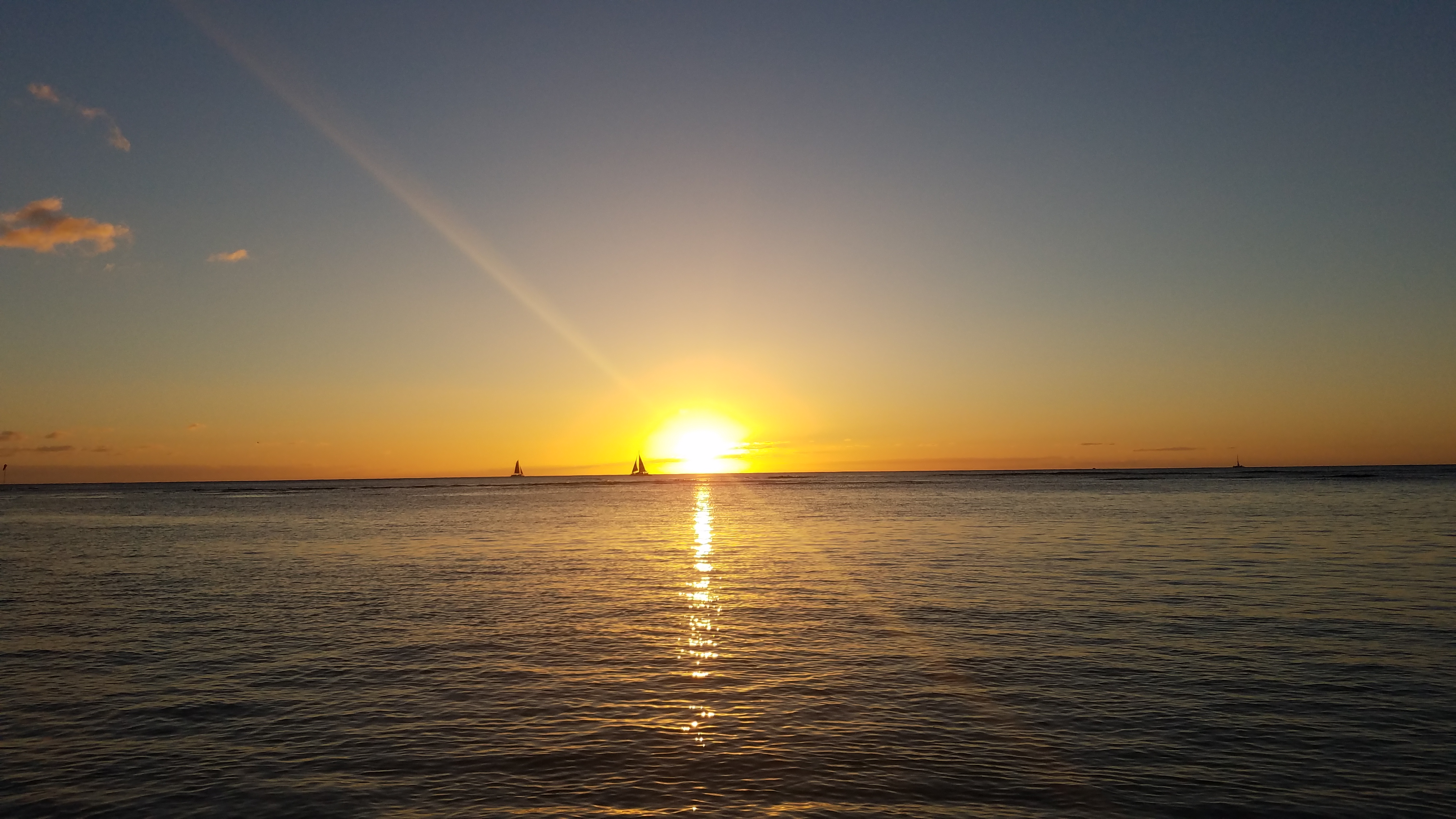Assessing Lost Gear Removals in Southern California by a Nonprofit
Proposal

This project aims to evaluate the impact of derelict fishing gear on the marine ecosystem, fishing communities, and the economy in Southern California through a case study centered on the commercial California spiny lobster fishery. Data on ghost fishing and marine wildlife entanglements were analyzed alongside data from marine debris removal expeditions. We found that derelict spiny lobster trap gear does not pose a large threat of entanglement to migrating whales. Furthermore the largest impact from derelict gear is likely ghost fishing, which can result in significant profit losses to the spiny lobster fishery. Our analysis suggests that up to 12,000 pounds of spiny lobster (equivalent to 8,000 lobsters) are potentially ghost fished each year, based on the average number of traps lost in the spiny lobster fishery in a year and our estimated ghost fishing rate of 2.19 lobsters per trap. Trap loss, and subsequent ghost fishing by derelict gear, can cause spiny lobster fishers to lose anywhere from $216,122–$726,280 USD in annual profits. Additionally, we distributed surveys to gather information from recreational and commercial fishers along the coast on how gear loss affects their livelihoods. Our survey results indicate that fishers are willing to collaborate with nonprofits like ODA to mitigate the negative impacts of derelict fishing gear on the environment and their livelihoods. Further, the collated survey responses and environmental data were used to identify "gear loss hot spots'' to improve gear retrieval efficiency. Lastly, our study provided recommendations and outreach materials to ODA to support its mission of a debris-free sea in Southern California and to bolster volunteer participation and grow funding opportunities.
Acknowledgements
The authors of this report would like to sincerely extend our gratitude and thanks to the following individuals and organizations who contributed their guidance and support throughout the duration of our project:
Bren School: Yutian Fang, PhD; Chris Free, Research Faculty; Dr. Steve Gaines, Dean
NOAA Fisheries: Justin Greenman, California Assistant Stranding Coordinator; Sean Hastings, Resource Protection Coordinator; Lauren Saez, Fishery Biologist; Justin Viezbicke, California Stranding Coordinator
Chris Lowe, Professor, California State University, Long Beach
William Cooper – Professor Emeritus, UC Irvine
Dan Nattrass
Ava Schulenberg
Kim Selko PhD
Nick Trujillo
Ocean Defenders Alliance
Professional Environmental Management Association
Antônia Schnitzler - Winter Intern
Hayden Vega - Summer Intern